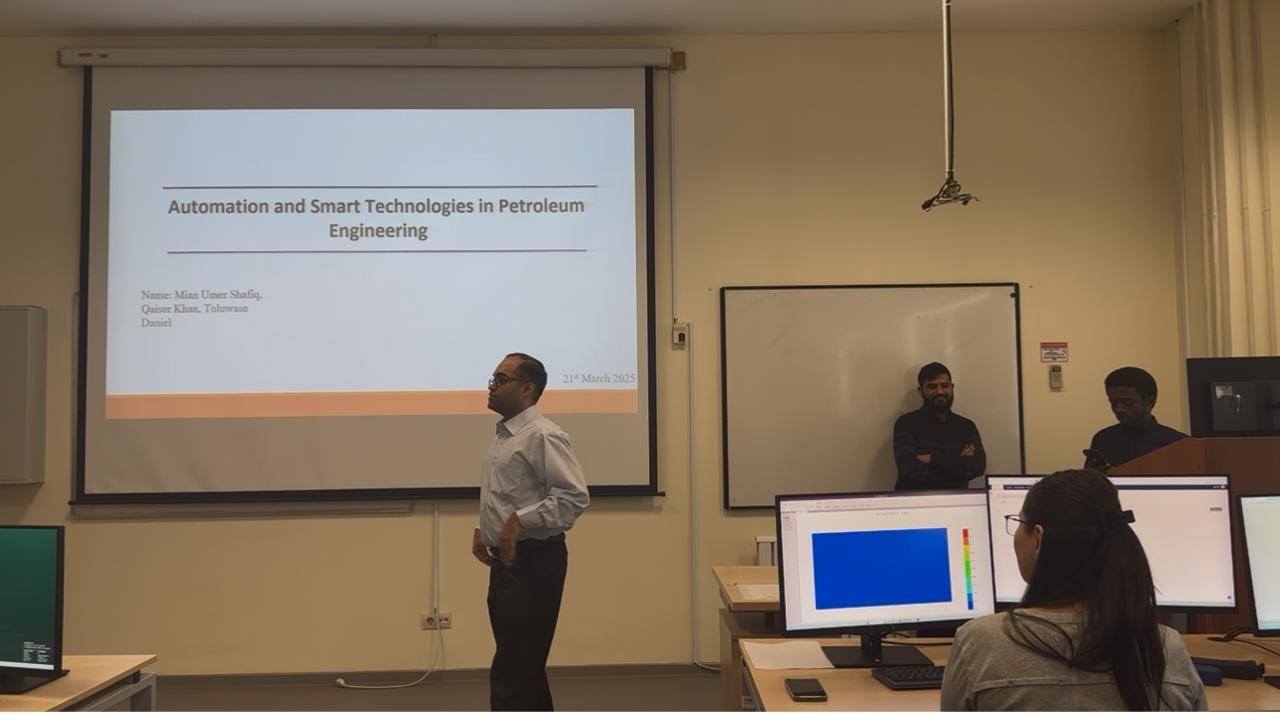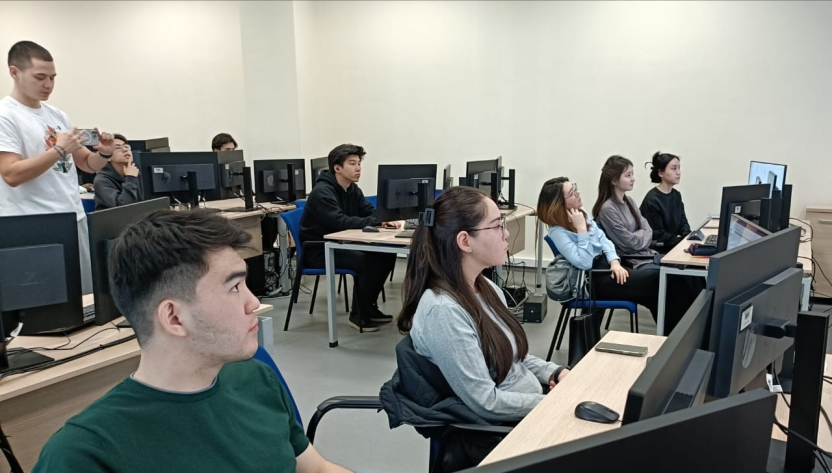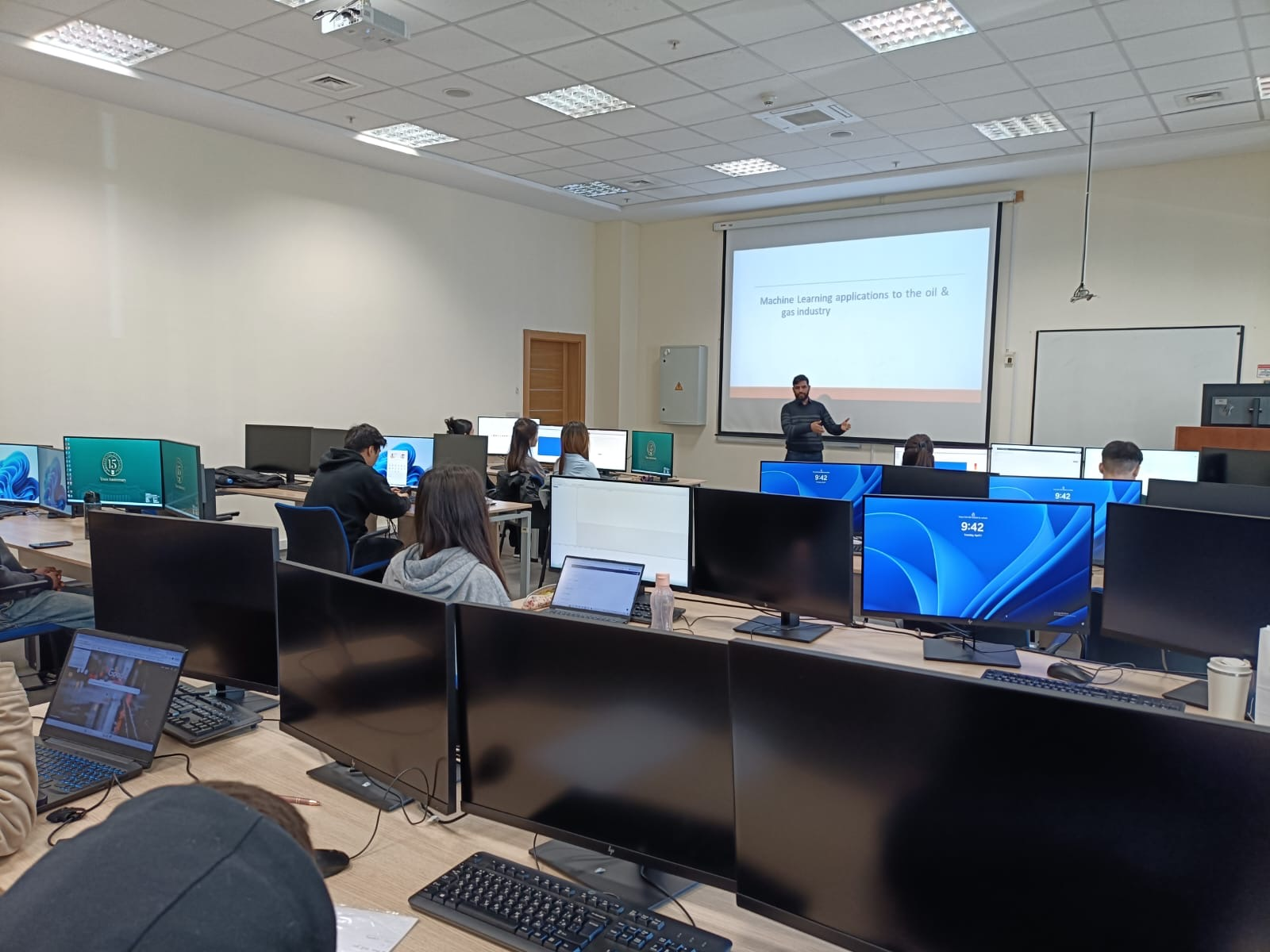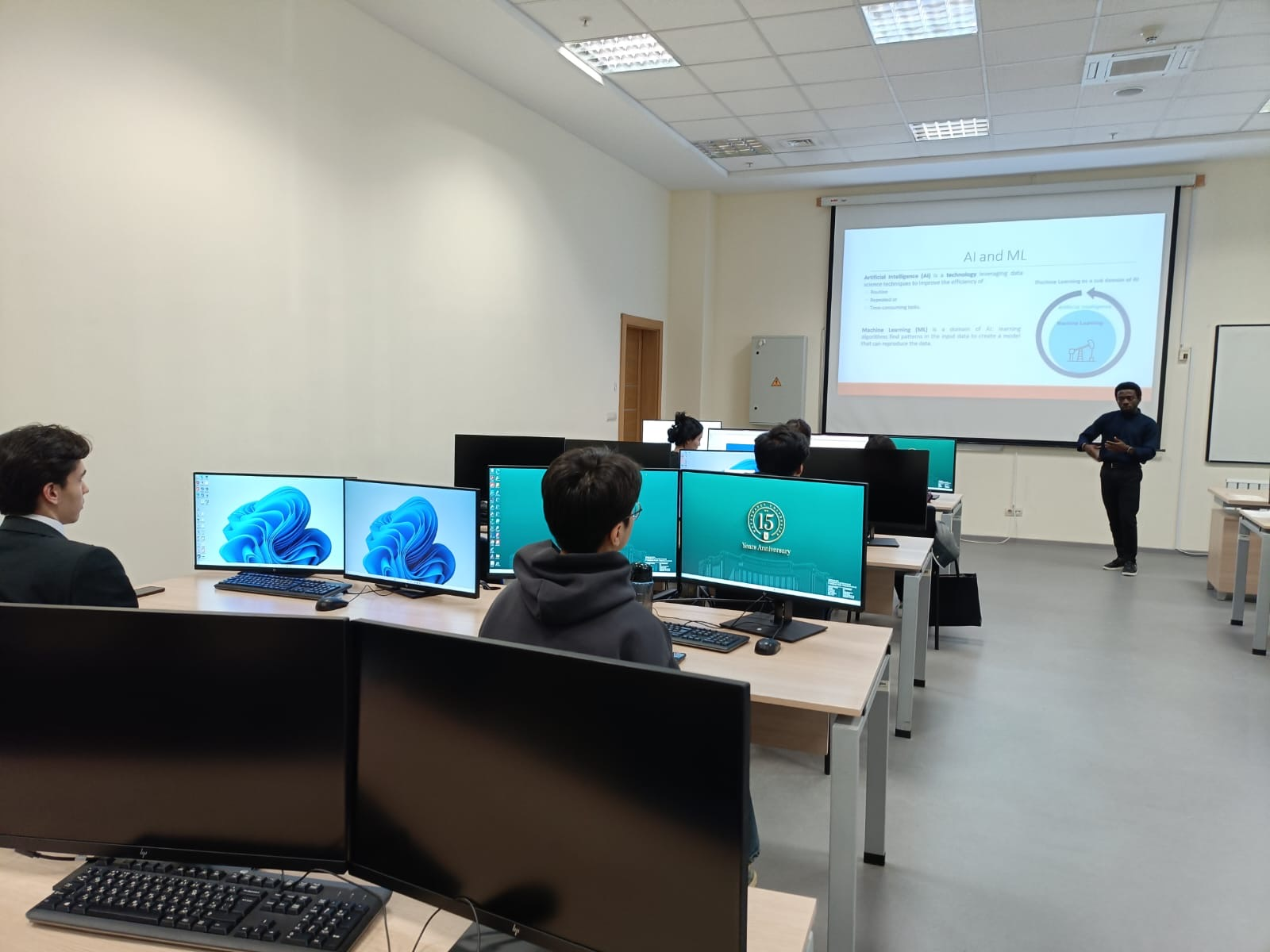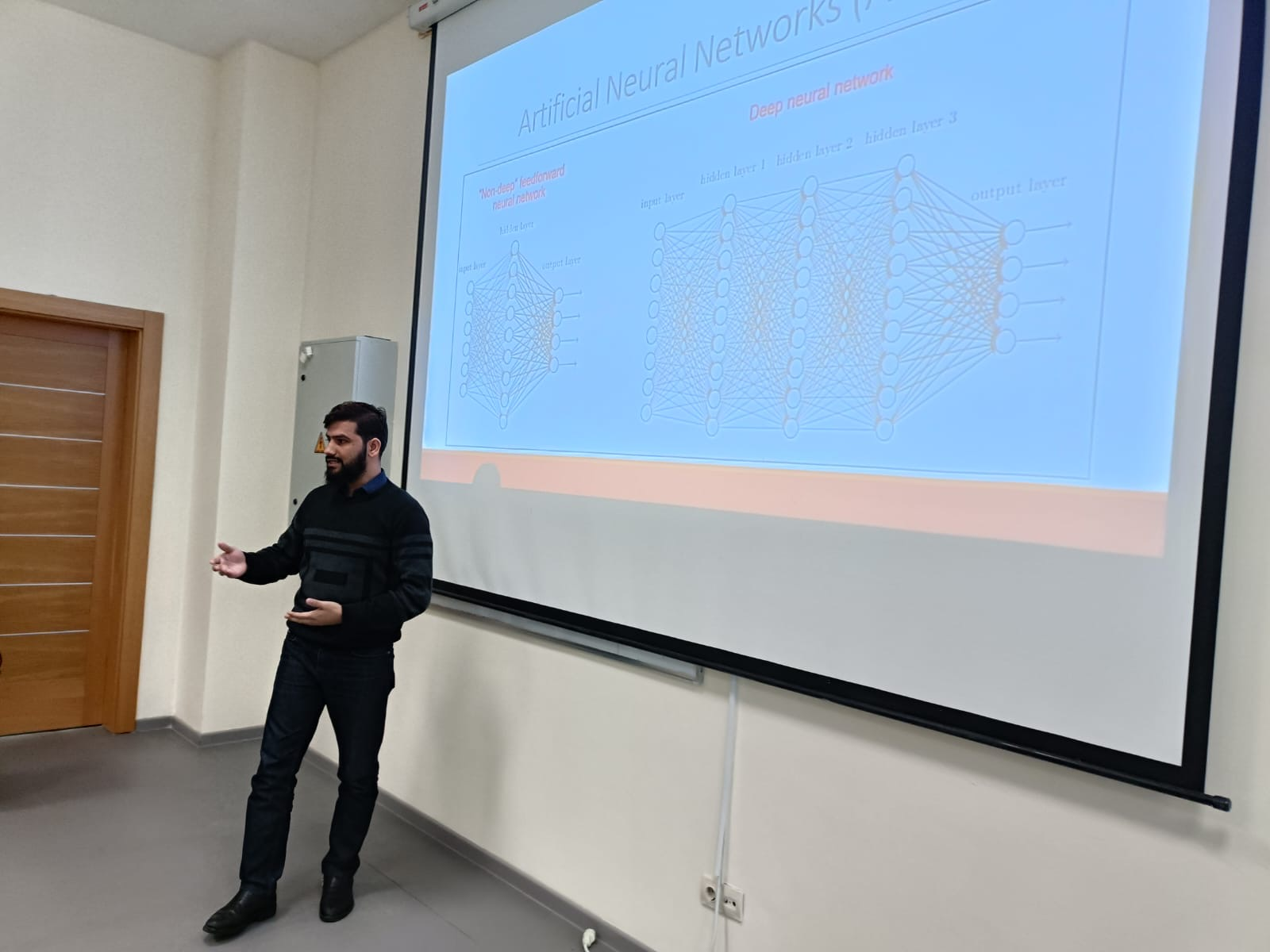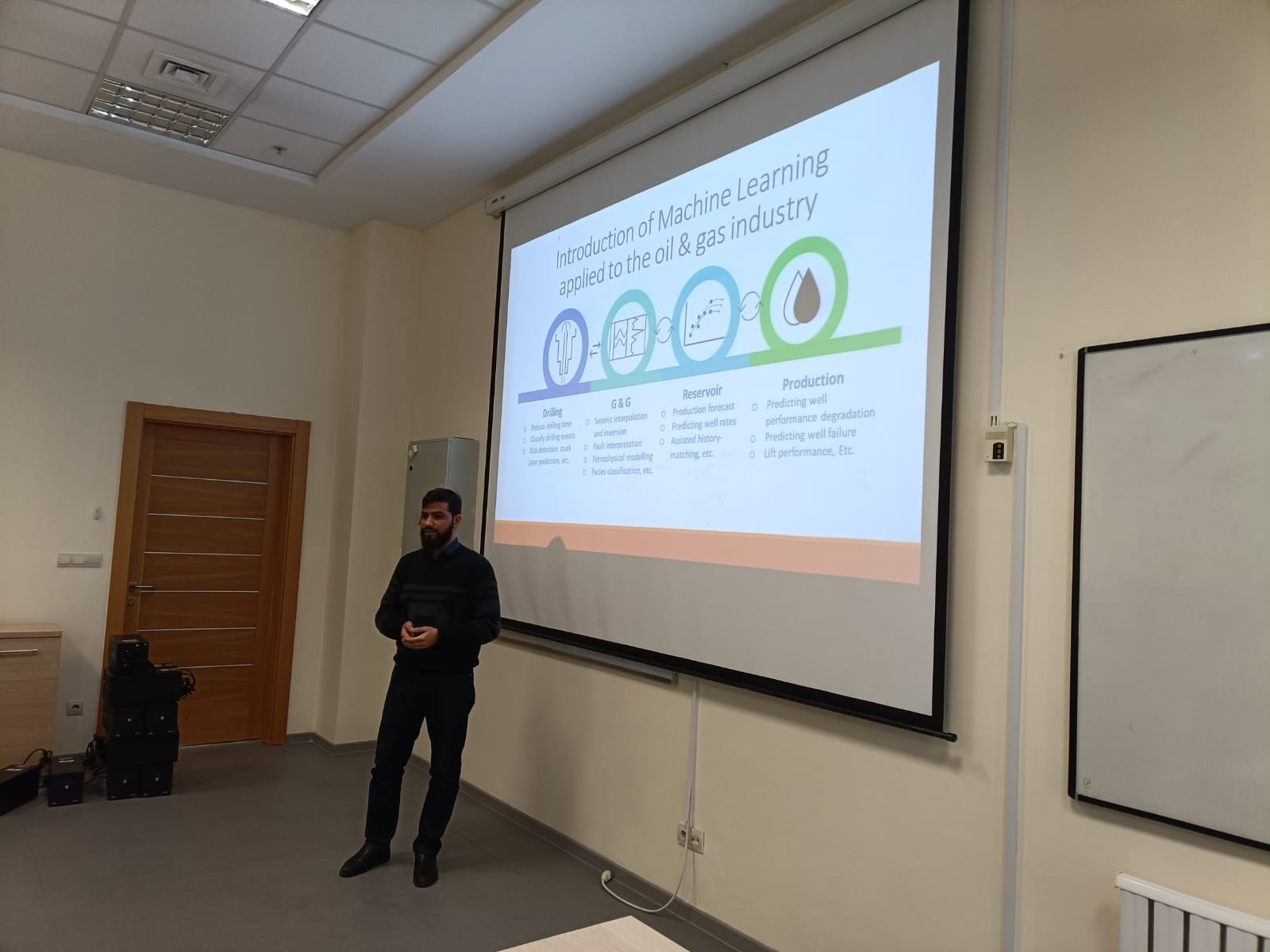Background:
Petroleum Engineering has traditionally been a field heavily reliant on manual
processes, extensive physical infrastructure, and skilled human expertise. However, as
the demand for energy grows and the complexity of oil and gas extraction increases, the
industry is undergoing a significant transformation driven by automation and smart
technologies. This symposium, titled "Automation and Smart Technologies in Petroleum
Engineering," aims to explore the transformative impact of digital technologies on the
oil and gas sector. The emergence of smart technologies, including Artificial
Intelligence (AI), and Machine Learning (ML), marks a new era in petroleum
engineering.These innovations facilitate more precise drilling, optimized production,
and enhanced reservoir management. They also play a crucial role in predictive
maintenance and risk management, reducing downtime and improving safety.
Goal/Rationale:
The petroleum industry faces increasing challenges due to the complexity of extracting
hydrocarbons from mature and unconventional reservoirs, the volatility of energy markets,
and the growing emphasis on environmental sustainability. Traditional methods of operation,
which often rely on manual processes and reactive decision-making, are no longer sufficient
to meet the demands of modern petroleum engineering. The industry must enhance operational
efficiency, reduce costs, and minimize environmental impact while ensuring safety and
reliability. This symposium will delve into the key drivers for the adoption of these
technologies, such as operational efficiency, safety, and environmental sustainability.
Additionally, it will address the challenges associated with integrating these technologies
into existing infrastructures, cybersecurity concerns, and the transformation of the
workforce to meet the demands of this digital shift.
Prospective authors are kindly invited to submit full papers that include title, abstract,
introduction, tables, figures, conclusion and references. It is unnecessary to submit an
abstract in advance. Please submit your papers in English.
Each paper should be no less than 4 pages. One regular registration can cover a paper of 6
pages, and additional pages will be charged. Please format your paper well according to the
conference template before submission. Paper Template
Download
Please prepare your paper in both .doc/.docx and .pdf format and submit
your full paper by email with both formats attached directly to sympo_kualalumpur@confmss.org
Publication:
Accepted papers of the symposium will be published in Applied and Computational Engineering
(ACE) (Print ISSN 2755-2721),
and will be submitted to Conference Proceedings Citation Index (CPCI), Crossref, CNKI,
Portico, Engineering Village (Inspec), Google Scholar,
and other databases for indexing. The situation may be affected by factors among databases
like processing time, workflow, policy, etc.
Publication info
Title: Applied and Computational Engineering (ACE)
Press: EWA Publishing, United Kingdom
ISSN: 2755-2721 2755-273X (electronic)
This symposium is organized by CONF-MSS 2025 and it will independently proceed the submission and
publication process.
* The papers will be exported to production and publication on a regular basis.
Early-registered papers are expected to be published online earlier.
Highlights
The symposium titled "Automation and Smart Technologies in Petroleum Engineering" was successfully
held at UCSI University. The presentation explores the fundamentals of Artificial Intelligence
(AI) and Machine Learning (ML), their evolution, and their applications in the oil and gas
industry. AI is introduced as a technology that improves efficiency by automating routine,
repetitive, and time-consuming tasks. ML, a subset of AI, enables computers to learn patterns
from data and make predictions without explicit programming. A visual representation highlights
the hierarchical relationship between AI and ML.
The historical development of AI is outlined, showcasing key milestones such as early rule-based
systems, expert systems, and the emergence of deep learning. This evolution has led to
widespread AI adoption across industries, including healthcare, finance, and energy. The
presentation further discusses the role of ML in the oil and gas sector, emphasizing its
application in predictive maintenance, reservoir management, and operational optimization. The
ML workflow is described, including data collection, preprocessing, model training, validation,
and deployment. AI-driven solutions enhance decision-making, automate workflows, and reduce
costs while improving efficiency.
As AI and ML continue to advance, their impact on industries is expected to grow, driving
innovation and transforming business operations. Their integration into oil and gas companies
highlights the potential for smarter, data-driven solutions in energy management.
Access to Symposium: CONF-MSS 2025
Symposium -- Kuala Lumpur - YouTube
.png)

